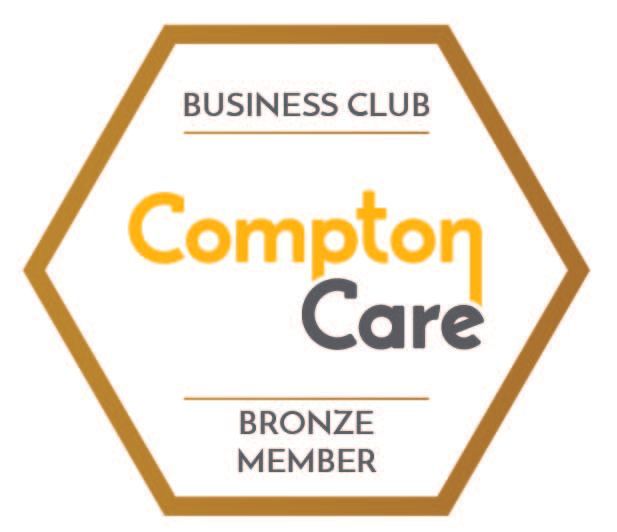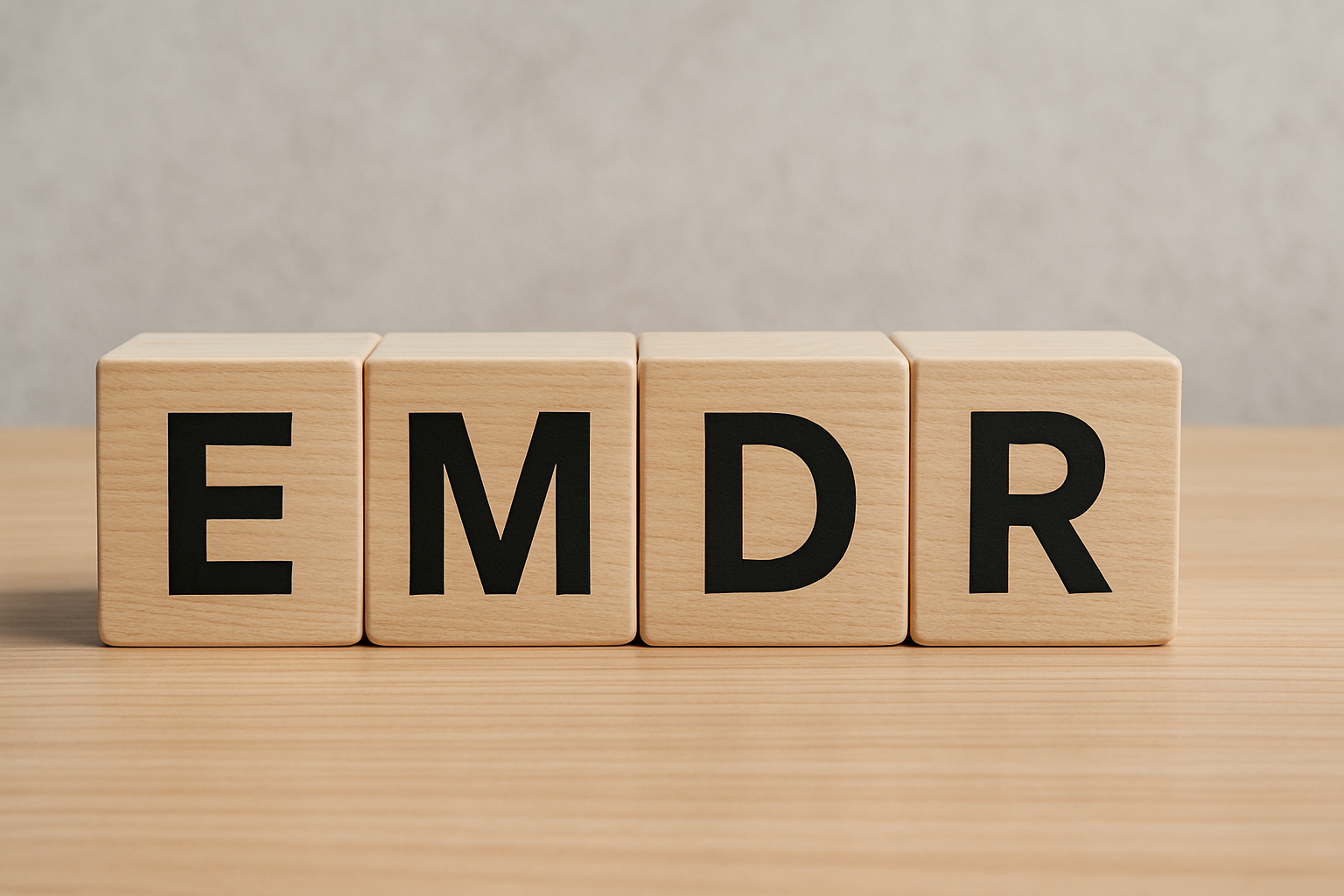Why Talking About Mental Health Is So Important
Introduction: The Power of Conversation
We all talk about how we feel physically — tired, hungry, energetic — but when it comes to mental health, many people still hesitate. For years, topics like anxiety, low mood, or emotional struggle were often avoided, misunderstood, or kept private out of fear or shame.
Thankfully, that’s starting to change. Society is becoming more open, and conversations about mental health are growing louder, more compassionate, and more accepted. But there’s still more to do. Talking openly about mental health isn’t just important — it’s transformative. It can strengthen relationships, reduce stigma, and remind us that we’re never alone in our struggles.
1. Breaking the Silence Around Mental Health
For a long time, mental health was treated as something to hide or “fix” quietly. This silence made many people feel isolated and misunderstood.
Talking about mental health helps to break that silence. It shows that emotions — whether joy, sadness, fear, or stress — are part of being human. By opening up, we challenge old ideas that mental health should be hidden or that it’s something to be ashamed of.
The simple act of conversation makes a powerful statement: it’s okay to not be okay, and it’s okay to talk about it.
2. Reducing Stigma and Building Understanding
When people share their experiences, it creates empathy and understanding. The more openly we talk about mental health, the less room there is for stereotypes or misconceptions.
Hearing someone you respect talk honestly about their challenges helps others feel seen and accepted. It reminds us that mental health affects everyone — regardless of age, background, or circumstance.
Each open conversation chips away at the stigma and replaces it with compassion. And when communities value compassion, people feel more confident seeking support, expressing emotions, and connecting authentically.
3. Talking Helps Us Feel Less Alone
One of the hardest parts of struggling with emotional wellbeing is the sense of isolation it can bring. People often think they’re the only ones who feel a certain way — when in reality, many others experience the same emotions.
Opening up to a friend, family member, or colleague can lighten the load. It doesn’t always mean looking for advice — sometimes, just being heard is enough to ease the pressure.
Similarly, listening to others can be equally powerful. Offering a kind word or simply saying “I understand” can make a real difference. Small moments of empathy create stronger bonds and a sense of shared humanity.
4. How to Start a Mental Health Conversation
Talking about mental health doesn’t have to be complicated. You don’t need the perfect words — just honesty, care, and respect.
Here are a few gentle ways to start the conversation:
- Ask open questions: “How have you been feeling lately?” or “Is anything on your mind?”
- Share something small about yourself: This helps others feel safe to do the same.
- Choose the right setting: A calm, private, or relaxed environment helps people open up.
- Listen without judgment: Sometimes, silence and attention are more powerful than advice.
Remember — you don’t have to have all the answers. Being a good listener can mean more than any solution.
5. Creating a Culture of Openness
Change starts with individuals. Every time someone chooses to speak honestly about mental health, it encourages others to do the same. Over time, this creates a ripple effect — workplaces, schools, and communities become more open, more supportive, and more compassionate.
Normalising mental health conversations helps everyone. It encourages early recognition of stress or burnout and promotes self-awareness. It also builds resilience — because when people know they can talk, they’re less likely to face challenges alone.
At its heart, a culture of openness reminds us that mental health isn’t separate from life — it’s part of it.
Conclusion: Every Conversation Counts
Talking about mental health doesn’t require special training or deep knowledge — it starts with simple honesty and kindness. Every time you start a conversation, share an experience, or simply listen, you help create a world where people feel safe to be themselves.
At Brightside Psychology, we believe that connection and understanding are at the core of wellbeing. Explore more of our articles and insights to learn how small acts of openness can make a big difference — for yourself and those around you.









